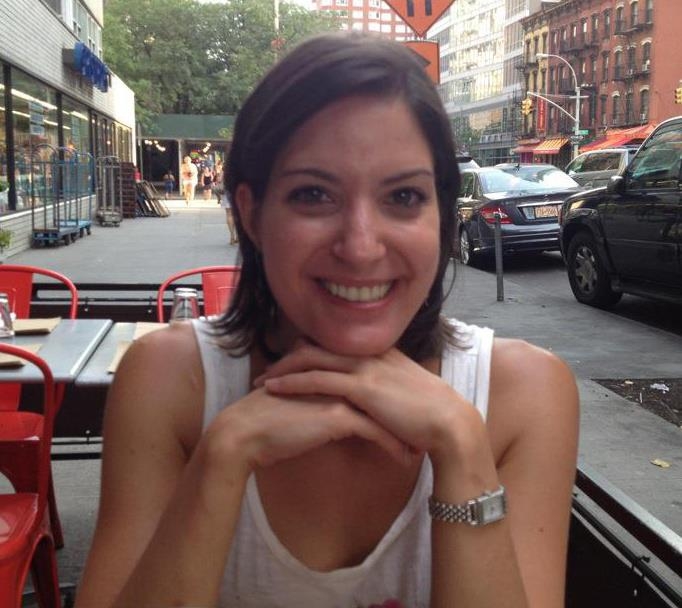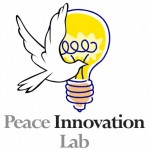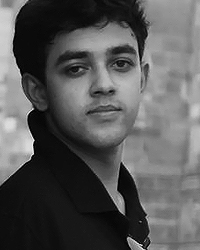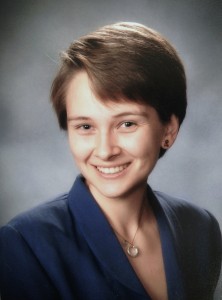The website of the Steinhardt School of Culture, Education, and Human Development at New York University shares information about Amy Kapit’s (peace and conflict studies minor class of 2006) work on education in situations of armed conflict. We excerpt some of it here. Read More.
 Why did you choose to pursue a Doctoral degree in International Education?
Why did you choose to pursue a Doctoral degree in International Education?
After graduating from Swarthmore College, where I majored in religion and peace and conflict studies, I worked for a couple years on educational advocacy relating to the Israeli and Palestinian conflict. During this time, I became particularly interested in the way that education can shape historical narratives, social identities, and political opinions. I decided that I wanted to contribute to knowledge and research on the subject, focusing on the role of education in situations of armed conflict: how conflict affects education and how education affects conflict, potentially serving to either mitigate and exacerbate it.
Research focus:
I look at how the humanitarian community is addressing the problem of attacks on education (violence, harassment, and threats against students, teachers, and schools in areas of armed conflict). More specifically, I focus on the work of humanitarian actors in the occupied Palestinian territory and the linkages between what is occurring there and global advocacy efforts.
Publications:
- Kapit-Spitalny, Amy and Burde, Dana (2011). Annex 1: Prioritizing the Agenda for Research for the Global Coalition to Protect Education from Attack: Why Evidence is Important, What We Know, and How to Learn More. In Global Coalition to Protect Education from Attack. Report from the Knowledge Roundtable on Programmatic Measures in Prevention, Intervention and Response to Attacks on EducationNovember 8-11, 2011 Phuket, Thailand. New York, NY: GCPEA, pp. 29-46.
- Burde, Dana, Kapit-Spitalny, Amy, Wahl, Rachel, and Guven, Ozen (2011). Education and Conflict Mitigation: What the Aid Workers Say. Washington, DC: USAID.
- Guven, Ozen, Kapit-Spitalny, Amy, and Burde, Dana (contracted and submitted, 2011). The Education of Former Child Soldiers: Finding a Way Back to Civilian Identity. Education Above All.
- Burde, Dana, Kapit-Spitalny, Amy, Wahl, Rachel, and Guven, Ozen (contracted and submitted, 2010). Education in Emergencies: A Literature Review of What Works, What Does Not, and Why. Norwegian Agency for Development Cooperation.
- Miller-Idriss, Cynthia and Kapit, Amy (2009). Book Review: Promoting Conflict or Peace Through Identity by Nikki Slocum-Bradley (Ed.). Journal of Intercultural Studies, 30(4), pp. 431-433.
What are your career goals?
I want to work for an international humanitarian agency on issues relating to education in emergencies, using my knowledge and research experience to inform programming and advocacy.



